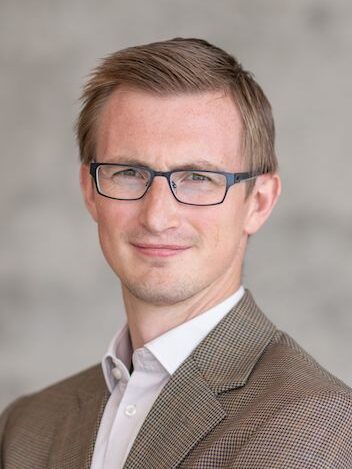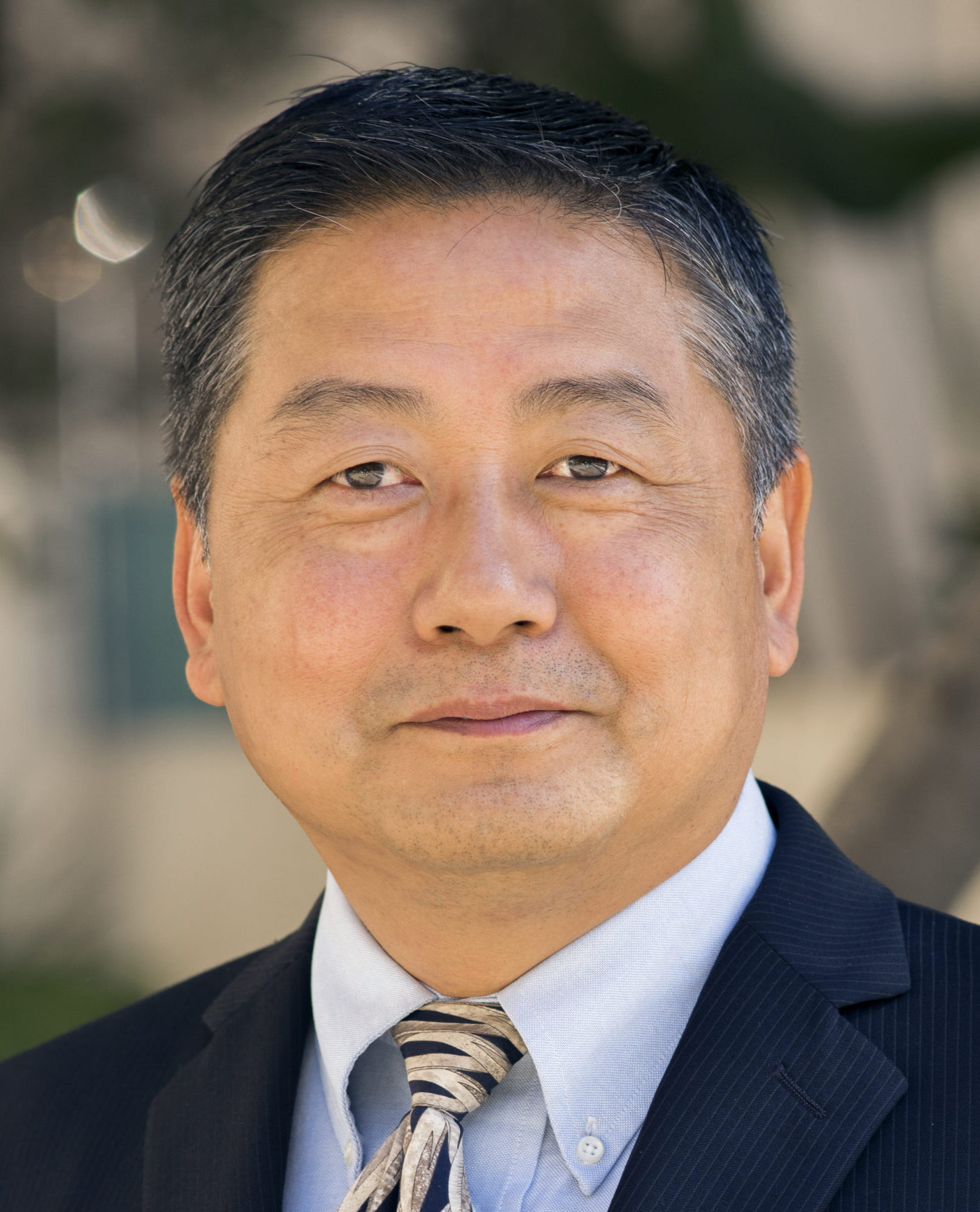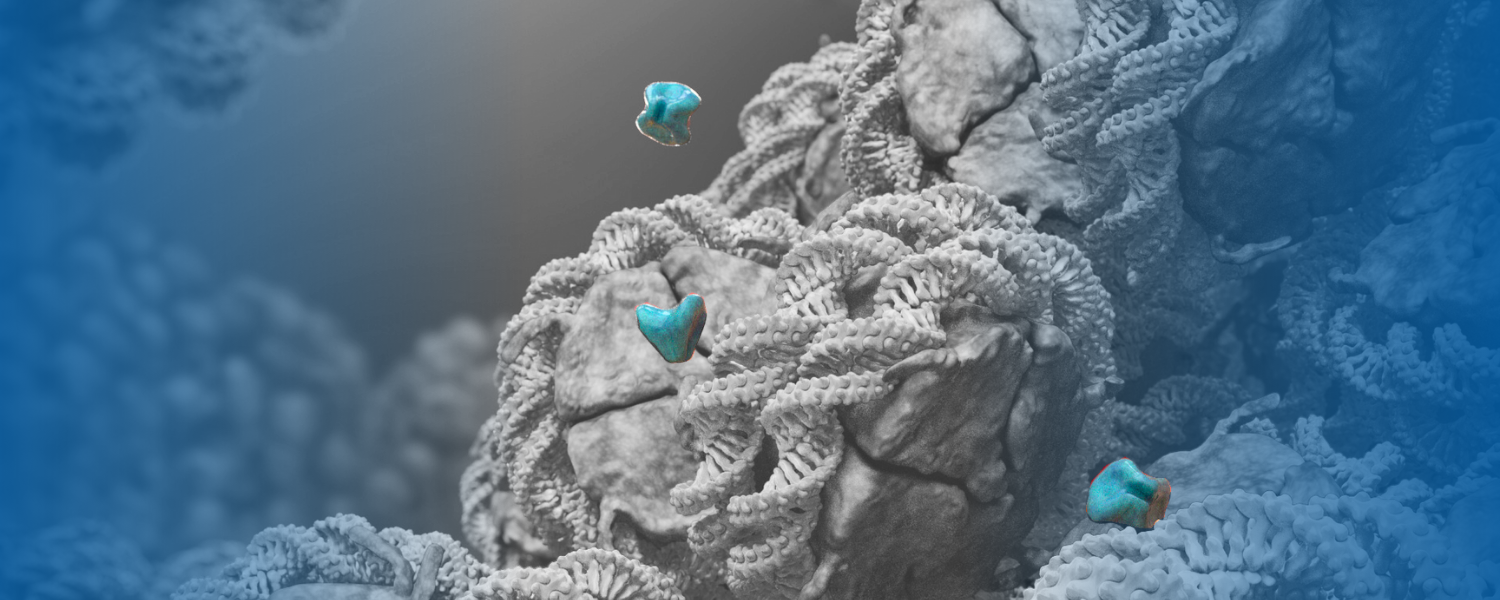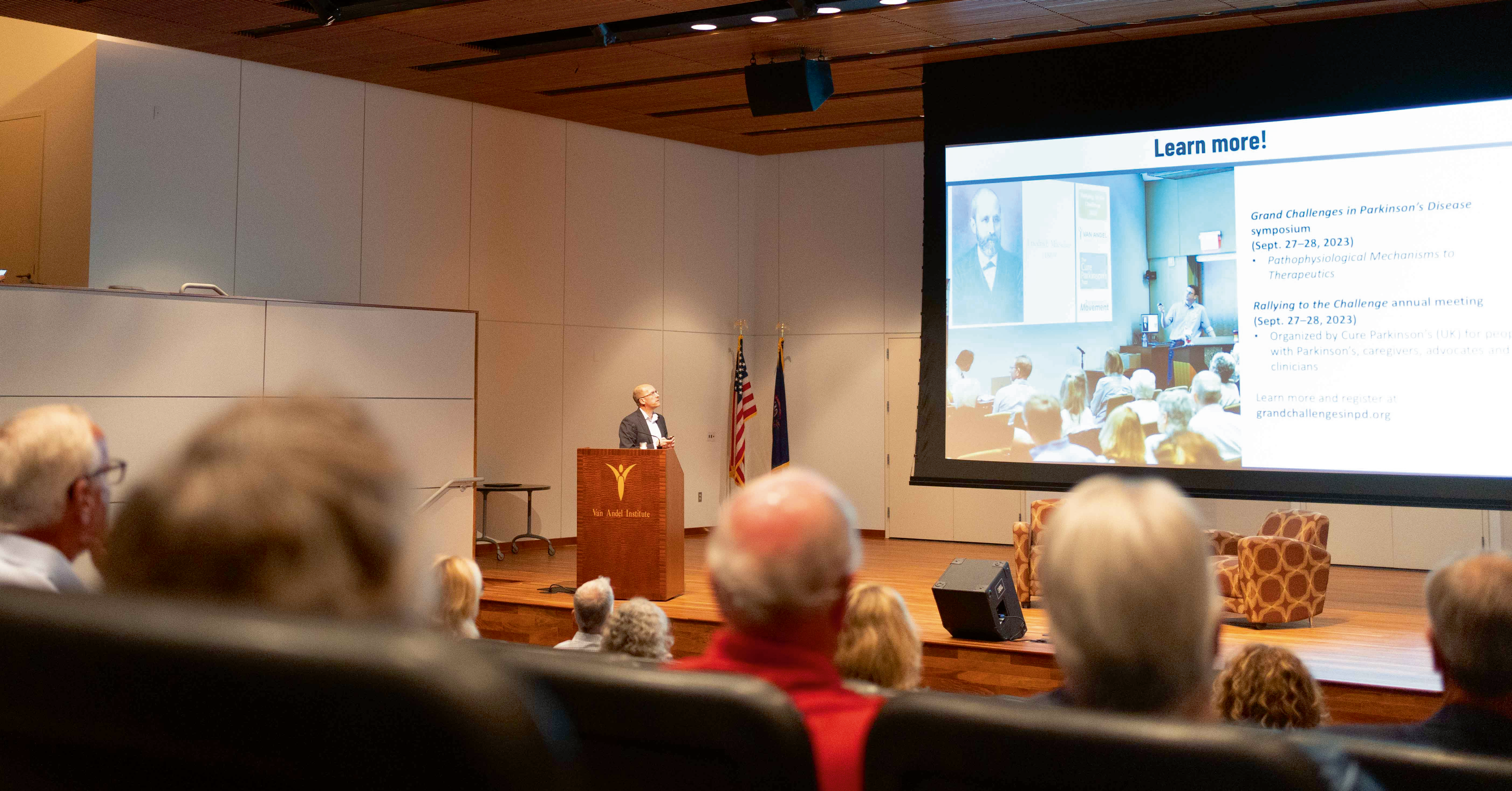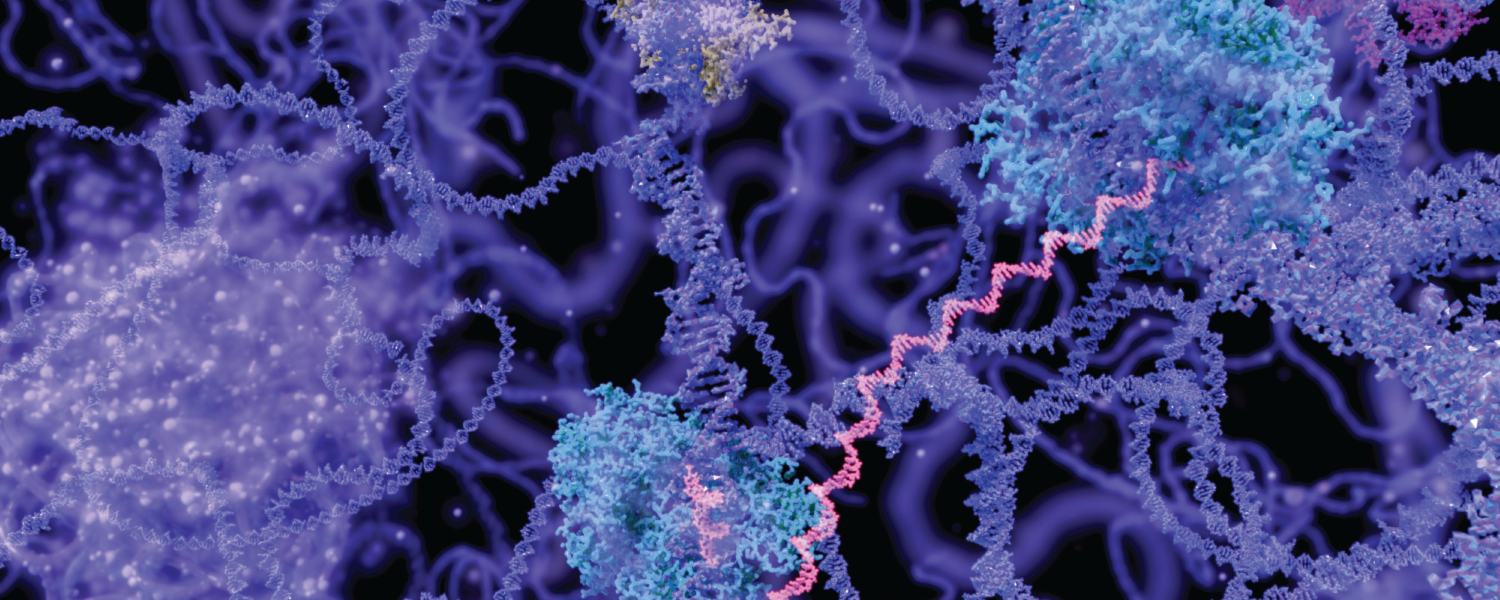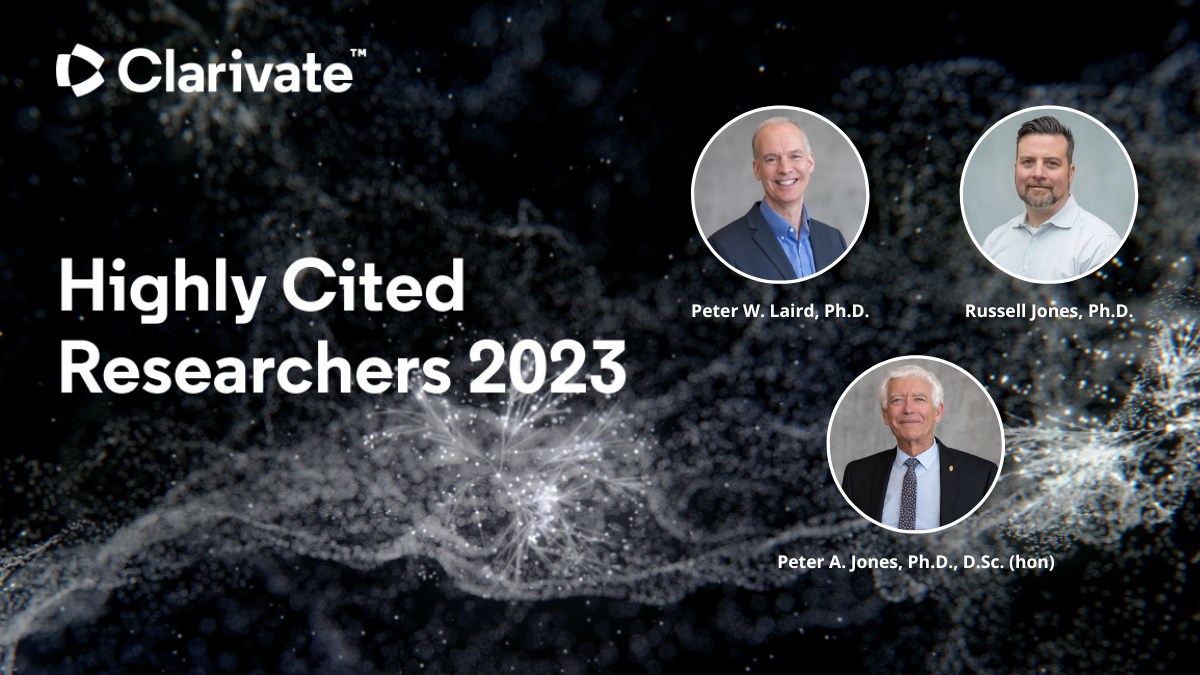
Epigenetics
Overview
Virtually all 37.2 trillion cells in our bodies have the same DNA, the spiraling molecule that contains the genetic instructions required to make us who we are. But if every cell works from the same playbook, how and why does the human body have so many different types of cells? Why do some become skin cells while others become muscle cells, heart cells or brain cells?
The answer is epigenetics — a complex set of processes that determine when and to what extent certain genetic instructions are carried out. Epigenetic processes are vital for healthy cellular function and, when things go awry, they can play major roles in disease.
Scientists in VAI’s Department of Epigenetics seek to understand how epigenetic changes may either protect us from or predispose us to complex diseases such as cancer, Parkinson’s and metabolic disorders. By investigating the epigenetic processes that fine-tune DNA, our scientists aim to pinpoint the origins of these complex diseases and determine how they are impacted by our past, present and future.

Our Faculty
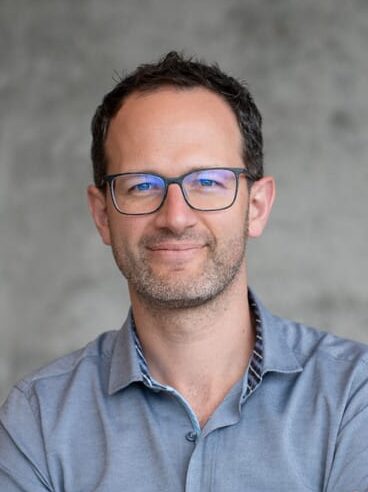
J. Andrew Pospisilik, Ph.D.
Chair and Professor, Department of Epigenetics
Epigenetic Origins of Heterogeneity and Disease
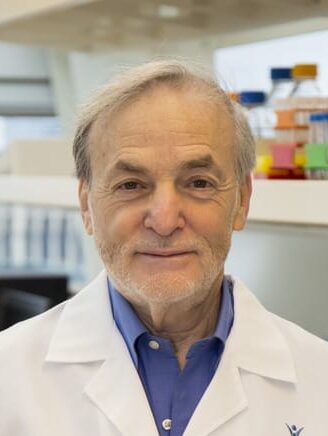
Stephen Baylin, M.D.
Co-leader, Van Andel Institute–Stand Up To Cancer Epigenetics Dream Team
Director’s Scholar and Professor, Department of Epigenetics

Yvonne Fondufe-Mittendorf, Ph.D.
Professor, Department of Epigenetics
Epigenetic Regulation and Environmental Impacts
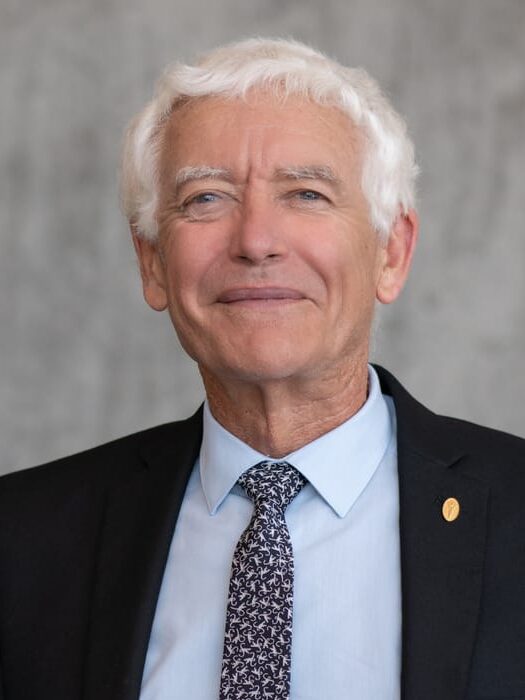
Peter A. Jones, Ph.D., D.Sc. (hon)
President and Chief Scientific Officer
Epigenetic Therapies


Gerd Pfeifer, Ph.D.
Professor, Department of Epigenetics
Epigenetic and Genetic Pathways in Human Disease
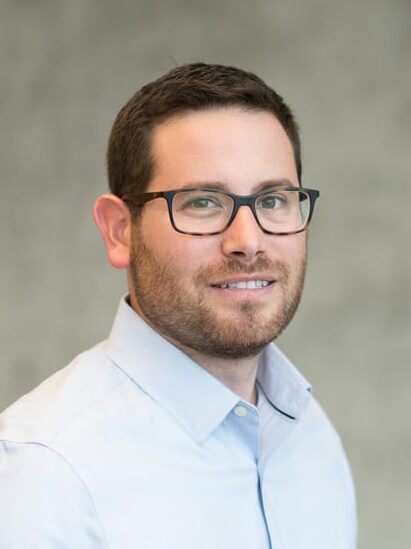
Scott Rothbart, Ph.D.
Professor, Department of Epigenetics
Chromatin and Epigenetic Regulation


Xiaobing Shi, Ph.D.
Professor, Department of Epigenetics
Histone Modifications and Chromatin Regulation

Piroska Szabó, Ph.D.
Associate Professor, Department of Epigenetics
Developmental Programming
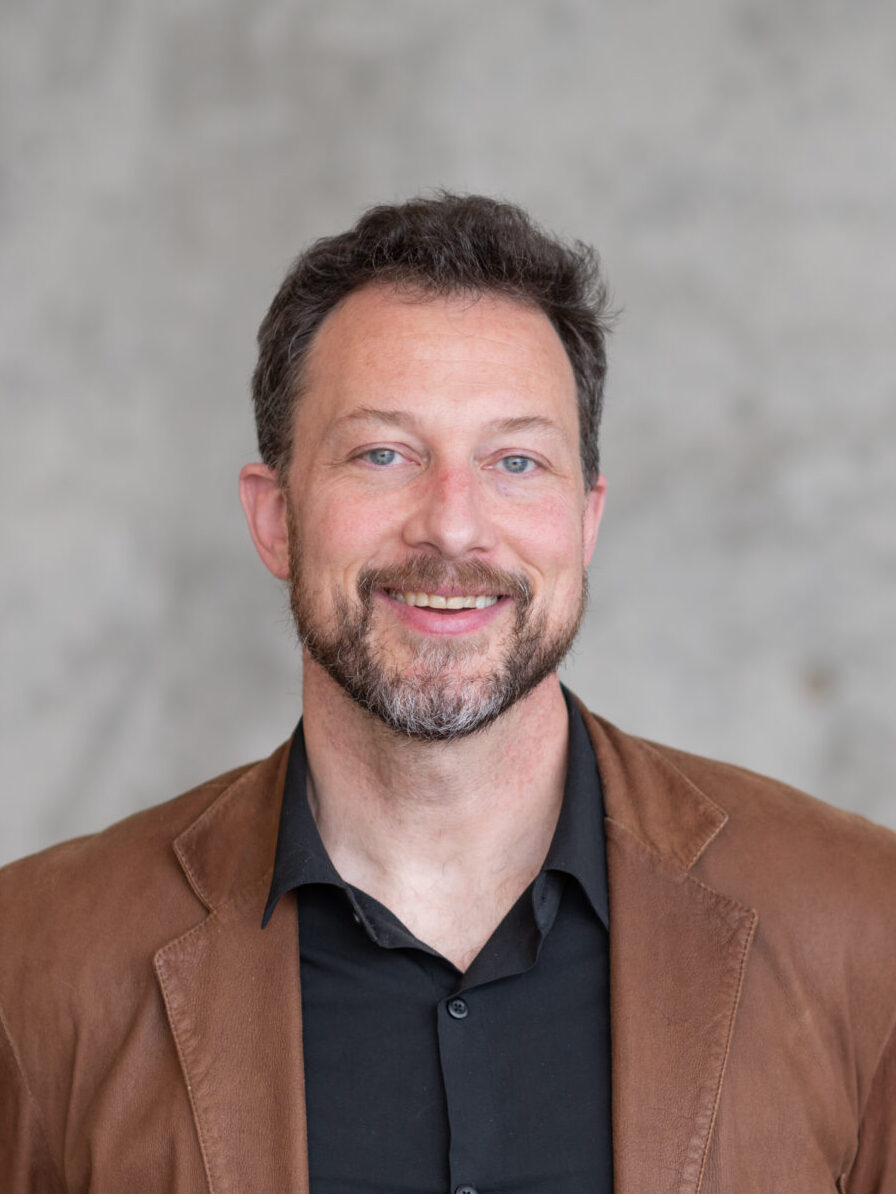
Tim Triche, Jr., Ph.D.
Associate Professor, Department of Epigenetics
Translational Biological Informatics



